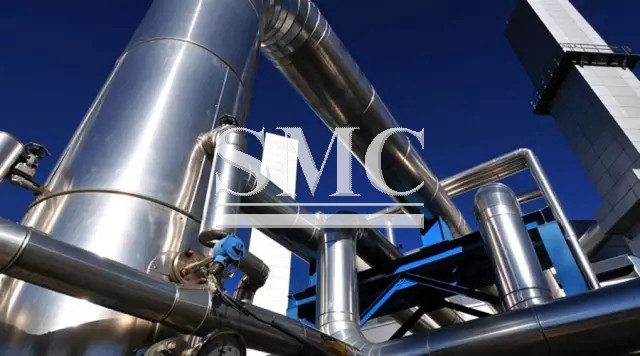
- Company overview The heart of SMC Vision & Philsophy Partnership Certifications Company culture
- Our service Design and Engineering Maintenance and Service Examine Production Line Upgrade and Transformation Storage and Logistics Processing, Trading and Distributor
- Management Our history Global responsibility Info Center
- Procurement center Internship
- Metal Steel Products Stainless Steel Products Aluminum Products Copper Products Galvanized Steel and PPGI Special Alloy Building Material
- Containers ISO Standard Container Equipment Container Storage Container Refrigerated/Reefer Container Offshore Container Container House Tank Container Container Fittings Container Trailer
- Gas Cylinder & Fire Extinguisher Cryogenic Liquid Cylinder Oxygen Gas Cylinder Storage Tank CNG Gas Cylinder LPG Gas Cylinder Hydrogen Gas Cylinder Nitrogen Gas Cylinder Industry Gas Cylinder Fire Extinguisher
- Metal Machinery Forming Machine Cutting Machine Processing Machine Bending Machine Block Machine Other Machinery Motor Spare Parts
- Mechanical Products Miscellany Mooring Equipment Marine Equipment Vehicle Industry Pressure Vessel Conveyor Belt Laser Equipment Bearing
- Electrical System Power Distribution Automation Electrical Cable Solar Power System Electric Protection System Transformer Production Line Lighting System
- Project Plastic Pipes and Pipe Fittings Fiberglass Reinforced Plastic Pontoon System
What's the difference between pipe and tube?
One of the most frequent questions we get from customers is “What’s the difference between pipe and tube”? Although pipes and tubes may look similar, they are in fact quite different in nomenclature and sizing. Remember that pipes and tubes are rarely interchangeable. Here are some of the main differences between the two products.
Shape
Pipes are always round in shape. Tubes can be square, rectangular or round, as shown in the image to the right.
Strength
Tube is stronger than pipe.
Metal Types
Tube is available in hot rolled steel and cold rolled steel. Pipe is typically black steel (hot rolled). Both items can be galvanized.
Rigidity
Although copper and brass tubes can be shaped relatively easily, tubes are are typically rigid. Pipes, on the other hand, are invariably rigid and cannot be shaped
without special equipment.
SizePipe is typically available in larger sizes than tube.

Only pipes are pressure rated and intended to be used for the transference of fluids or gas. Tubes, on the other hand, are used in structural applications.
Telescoping Abilities
Tube can be telescoped. Remember to account for the flash weld inside the tube. Pipe, on the other hand, does not have a flash weld.
DOM (Drawn over Mandrel) Tube is the best material for telescoping because the inside flash weld has been removed.
MeasurementPipes are only provided with an inside (nominal) diameter and a “schedule” (which means wall thickness).
There’s an easy way to remember this: since pipe is used to transfer fluids or gas, the size of the opening through which the fluids or gas
can pass through is probably more important to you than the outer dimensions of the pipe. Tube measurements, on the other hand,
are provided as an outside diameter and set ranges of wall thickness.
